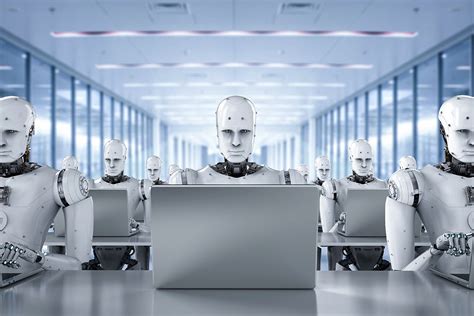In recent discussions around AI’s growing prominence in software development, there’s been a bold assertion: We may need up to 70% fewer coders. This radical prediction comes from companies like BP, emphasizing AI’s role in automating large swaths of code creation. While this headline-grabbing figure paints a vivid future, it’s imperative to dig deeper into the dynamics of this transformation. The conversation around whether AI will replace the majority of coders neglects the nuanced roles and tasks coders perform, as well as the broader impact of quality and context in software development.
At first glance, the idea that a significant reduction in coding jobs is imminent seems plausible. After all, AI has demonstrated its ability to churn out code snippets, automate mundane tasks, and even handle elements of business logic and UI with a basic level of human validation. Coders today often rely on tools like GitHub Copilot to accelerate their workflow, handling boilerplate code and suggesting improvements. But dig a bit deeper, and it’s clear that AI’s current capabilities are mostly limited to specific, low-complexity tasks. For instance, AI can help generate a starting point for a code block but often stumbles when deeper semantic understanding or context-specific adjustments are necessary. AI-generated code may look good on the surface, but the intricacies of a project often demand a seasoned human touch to ensure functionality and maintainability.
One of the core arguments against the redundancy of a large portion of coders lies in the nature of software development itself. Coding is not just about writing lines of code; it involves understanding business requirements, architecture design, stakeholder management, and rigorous validation processes. As ‘kadoban’ points out, the bulk of a coder’s job in a corporate setting involves communication, coordination, and approval workflows. These are aspects where AI might assist but cannot fully replicate the human intuition and negotiation skills required. Indeed, as ‘wakawaka28’ aptly puts it, without hands-on experience, supervising AI-written code can become increasingly challenging, especially when real, complex issues arise.
Moreover, validating AI-generated code is no trivial task. Understanding and verifying someone else’s code often takes as much, if not more, effort than writing it from scratch. The process involves delving into the logic, spotting potential flaws, and ensuring alignment with intricate business requirements. This aspect was strongly highlighted by ‘kaptainscarlet’, who argued that the effort required to validate AI’s output might not significantly differ from building the code manually in the first place. Further complicating matters is the fact that AI still requires substantial human oversight at various stages, from initial code generation to extensive quality assurance checks. AI may assist in reviewing code, but critical elements of dexterous problem-solving and creativity remain firmly in the human domain.
Additionally, while AI can make coding more accessible, enabling less experienced individuals to tackle certain tasks, this shift raises questions about the long-term development of coding skills. As ‘soco’ highlights, if AI takes over the simpler tasks that often serve as foundational learning experiences for junior developers, where do new coders gain the firsthand experience necessary to evolve into seasoned experts? This potential gap in skill development could lead to a future where there are fewer truly expert coders, which could be detrimental to innovation and problem-solving in the tech industry. In another perspective, ‘elric’ expressed concerns about the broader implications, positing whether such a drastic efficiency claim would dissuade future generations from pursuing careers in computer science and IT altogether.
The discussion also reveals an important distinction between different types of coding tasks. Many comments pointed out that the most likely candidates for AI automation are the mundane, repetitive, low-complexity tasks that absorb a significant portion of developers’ time. These include tasks like creating dashboards, tweaking WordPress themes, or basic scripting. As ‘danpalmer’ points out, these are the areas where AI can make the most impact, potentially replacing a disproportionate amount of work performed by less skilled workers. However, advanced deployments, architecture design, and critical codebases still demand human ingenuity and attention to detail. The high-stakes environments that involve complex problem-solving and deep system optimization are areas where AI still falls short.
In conclusion, while AI’s contribution to software development is undeniably growing, the notion that it will lead to a 70% reduction in the coding workforce is overly simplistic. The reality is that AI is an augmentative tool, accelerating certain tasks and making coding more efficient for specific needs. However, comprehensive software development involves a blend of coding proficiency, business acumen, and interpersonal skills that AI is far from mastering. As the industry continues to evolve, the focus should be on how AI can collaborate with human developers to enhance productivity without undermining the skill development and critical thinking that are the bedrocks of innovation. In this complex interplay of man and machine, the future lies not in the obsolescence of coders but in their transformation into even more agile and capable problem-solvers.


Leave a Reply